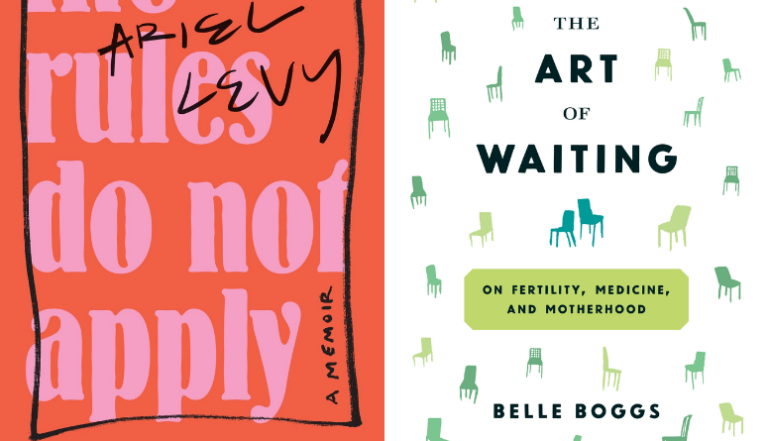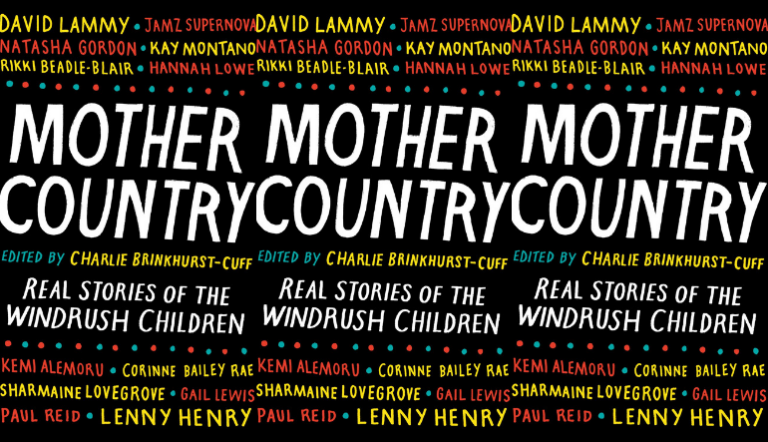“Men have imagination, but women just have experiences”: An Interview with Rachel Haley Himmelheber
Rachel Haley Himmelheber’s recent collection is a critique of society’s desire for well-behaved women—her characters riot and fight against the odds, either out of habitual necessity or because putting up a fight is easier than letting your guard down.








